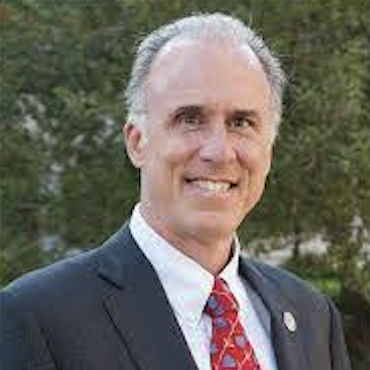By Seth J. Baum, MD
As a cardiologist, I see health care as more than a political issue. It’s been central to my life for three decades. And for people with serious heart and vascular disease, it’s life and death. Patient care must be the first consideration in every treatment decision, but with such high stakes, it becomes even more important. No patient, provider, family member or policymaker should disagree.
Yet every year cardiovascular patients – and countless Americans with other conditions – are forced to switch their prescription medications for reasons that have nothing to do with their health.
“Non-medical switching” is the practice of telling patients to stop using effective medicines and start taking different drugs, not for their health, but for another person’s financial benefit. The switch is usually initiated by one’s health insurance company or its corporate middleman – a pharmacy benefit manager. And because there are often multiple drugs to treat a given condition, patients are made to believe it’s “no big deal.”
But it is a big deal – especially for heart patients. I’ve treated thousandsof cardiovascular disease patients over the course of my career. In that time, I’ve learned there is no substitute for preventive treatment. For patients with chronic, life-threatening conditions like cardiovascular disease, preventive care goes way beyond diet and exercise.
For instance, patients with atrial fibrillation – a specific abnormal heart rhythm – take blood thinners to prevent strokes. It can take months or even years for patients and clinicians working together to find just the right medication, one that fits with a patient’s other medications and produces minimal side effects. Once identified, that specific medication becomes a veritable lifeline for the patient.
The situation is similar for cholesterol-lowering medicines, which help prevent heart attacks and other types of strokes. Despite a drug’s value to patients, insurers may recommend switching out a statin or PCSK9 inhibitor even though doing so can destabilize patients emotionally and therapeutically. Patients can end up regressing on hard-won progress managing their cholesterol with minimal side effects.
Swapping out preventive medications could trigger new side effects and lead to gaps in treatment. And those gaps could lead to deadly cardiovascular events. Putting cardiovascular patients in grave danger because a different drug saves money for an insurance company is the opposite of patient-centered care. And it is a big deal.
Being mindful of costs is just as important in health care as it is in other areas of life, but patients’ wellbeing must come first. I urge policymakers to enact policies that curb non-medical switching so I can return to doing what’s best for my patients – treat them with the medicines they need to prevent dire cardiovascular events.

Seth J. Baum, MD, is a practicing cardiologist in Boca Raton, Florida and a member of the Alliance for Patient Access.





